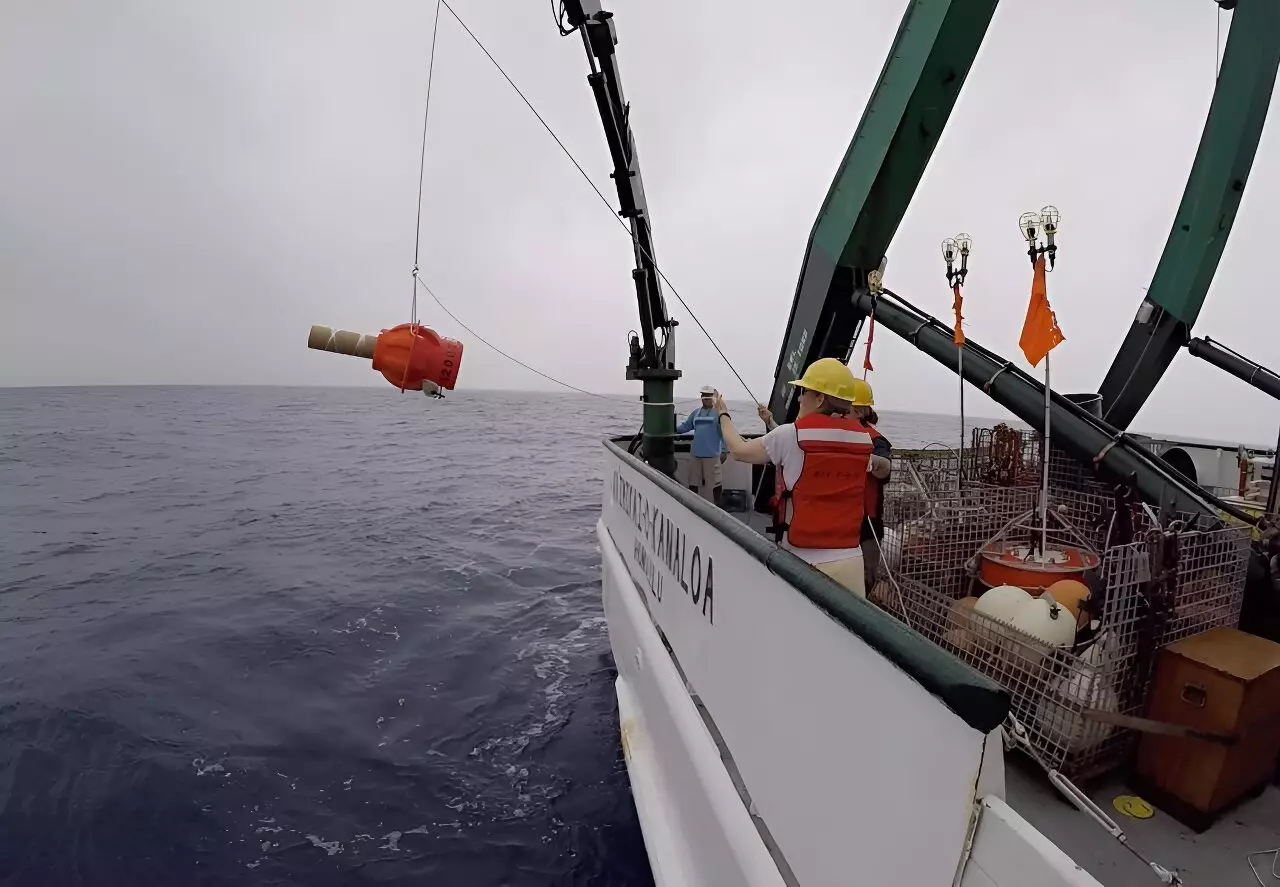A recent study published in *Geophysical Research Letters* has shed new light on the critical role of the deep ocean in the context of climate change. The research utilized data from innovative deep-sea robots known as Deep Argo floats, which were integrated with existing historical data from research vessels. This combination has significantly increased scientific confidence in the alarming trend of deep ocean warming, estimated at rates of .0036 to .0072°F (.002 to .004°C) annually. According to Greg Johnson, an oceanographer from NOAA’s Pacific Marine Environmental Laboratory and the study’s lead author, this warming represents a central element of global warming and is a crucial driver of climate change.
The implications of this warming are profound, affecting not just marine ecosystems but also broader geological and atmospheric processes. The study also clarifies uncertainties surrounding global ocean heat absorption, especially in depths exceeding 1.2 miles (2,000 meters). This information is vital for predicting phenomena like sea-level rise and extreme weather, both increasingly influenced by climate change.
One of the standout features of the research is its detailed examination of geographic patterns in deep ocean warming. Notably, the study identifies specific hot spots, such as the deep waters off Antarctica, which have been warming due to the ocean conveyor belt—a complex system critical for global climate regulation. This conveyor systems help transport heat across the planet, meaning that as deep ocean temperatures rise, there are potential ripple effects impacting climate patterns worldwide.
Additionally, the research highlighted the situation off Greenland, where cold water sinks—an essential aspect of ocean dynamics—is increasingly affected by atmospheric warming and the melting of ice. These shifts in temperature and salinity can disrupt the ocean’s ability to circulate properly, leading to further changes in climate and weather patterns.
Prior to the deployment of Deep Argo, scientists had observed signs of warming in these ocean depths for nearly two decades. However, their conclusions were hindered by a lack of reliable data. With the advent of the Deep Argo project, the resolution and amount of data available to researchers have dramatically increased, effectively halving the uncertainty surrounding the magnitude of warming trends in deep ocean waters.
The Deep Argo initiative began in 2014, deploying its first floats in the Southwest Pacific near New Zealand. Since then, the network of Deep Argo floats has expanded into critical oceanic regions, allowing for more comprehensive monitoring of temperature, salinity, and other crucial oceanographic parameters.
Johnson noted that while pilot arrays are currently operational, fully establishing a global array of Deep Argo floats would dramatically enhance our capability to monitor changing ocean temperatures over shorter periods. This longitudinal data will be fundamental in discerning variations in warming rates, which has significant implications for climate forecasting.
Argo’s extensive data collection efforts provide insights essential for improving climate models that gauge the impact of ocean and air temperature fluctuations on various environmental aspects, including sea level rise, precipitation patterns, and the frequency and intensity of tropical cyclones. Given that human activities and natural variations increasingly strain our ecosystems, having precise and predictive models will prove indispensable.
The overall Argo program, initiated in 1999, has fundamentally transformed how we observe and understand ocean changes. With its global array of autonomous floats, it yields nearly four times more data than all other oceanographic tools combined.
The findings from this recent study underscore an urgent need for a continued commitment to ocean monitoring, emphasizing the growing importance of the deep sea in navigating the complexities of climate change. With further research and enhanced data collection initiatives like Deep Argo, scientists can fortify our understanding of these critical environmental processes and better prepare society for the challenges ahead.


Leave a Reply